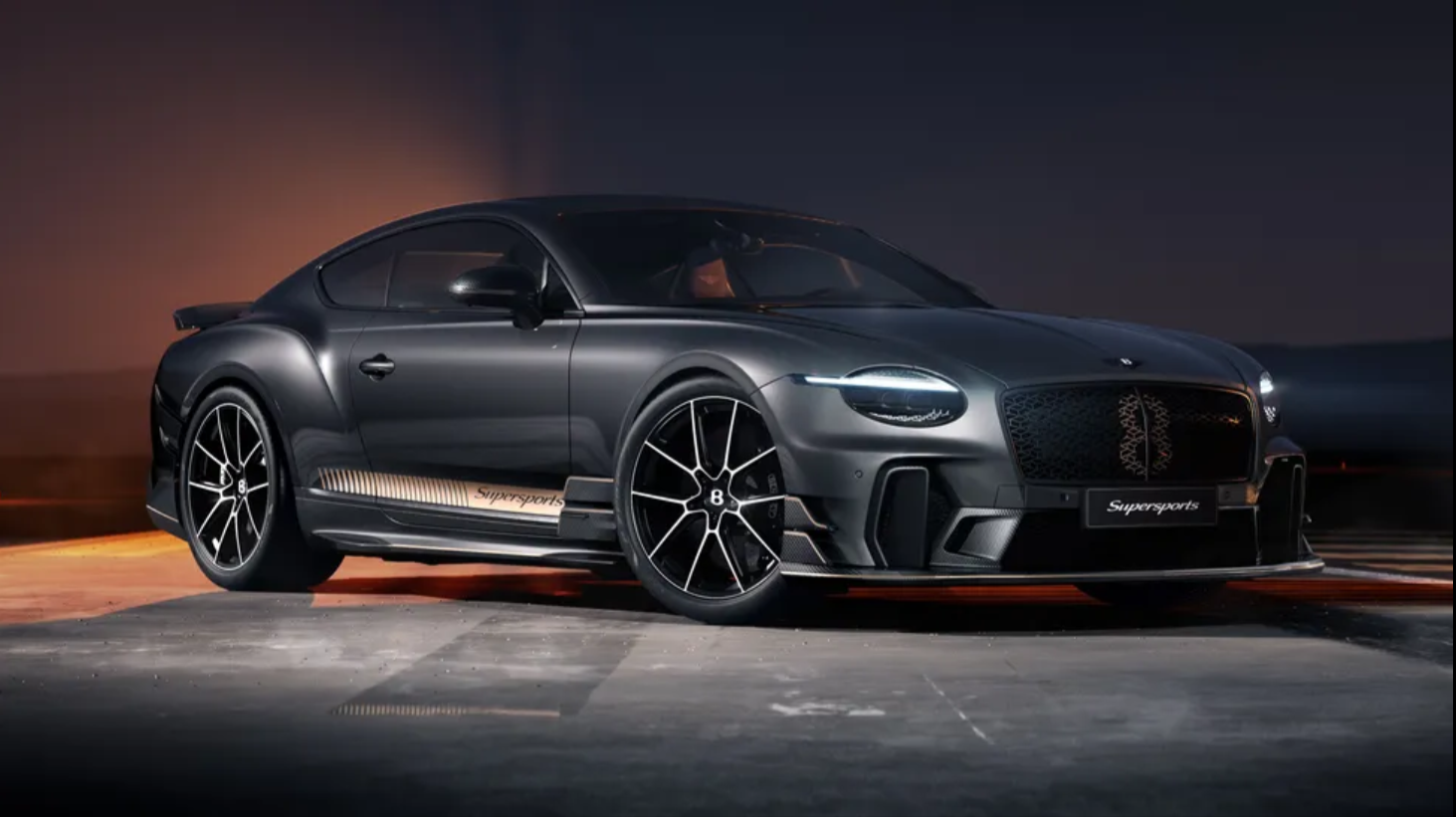We were on the Col di Turini, in the hills north of the French Riviera, the scene of one of the unlikeliest motorsport victories of all time. We’d driven 1600 miles together across Europe, from Minsk to Monte Carlo, for a BBC documentary, being made to commemorate the 40th anniversary of Paddy’s win in the 1964 Monte Carlo rally. He was one of those guys who really did have a permanent twinkle in his eye, and as he kicked me out of our (modern) Mini Cooper’s driving seat, he was as mischievous as ever.
"I’m 71, you know, but everything’s still working pretty well," he said, cracking one of his huge smiles, the Belfast accent still strong. "Except my eyesight. Aye, that’s starting to go a wee bit…" At which point he proceeded to hurl the car down that mountain-side road with the sort of accuracy and fearlessness that only top rally drivers possess. The Hopkirk faculties were fully intact, no question.
Paddy Hopkirk MBE was one of the people who made the original Mini famous, in the years when London was starting to swing. Right place, right time, right attitude. International rallying was different in the Sixties, and participants were required to arrive from some distant location to join the common route – hence Hopkirk’s billeting to Minsk, then part of the Soviet Union, and firmly behind the Iron Curtain during the Cold War era. Along with co-driver Henry Liddon, Hopkirk was one of 30 cars out of the 240-strong entry that arrived in Reims from Minsk for the start of the 33rd Monte Carlo rally. He’d traded some stockings for tins of Beluga caviar while he’d been there, and smuggled them back…
"Henry and I pushed very hard and in places it was quite snowy, and the snow drifts meant that the roads got narrower. Which was beneficial to the Mini, of course," he recalled. He was a driver who had the nerve and bravado to go with his natural ability, and the bookish, bespectacled Liddon was a whip-smart navigator. By the time they got to the Principality, the occupants of 33 EJB had no idea where they stood, and managed to hang on during the final stage to take the win. The victory became front page news, and the trio ended up as guest stars on the UK’s most watched television show, Sunday Night at the Palladium. There were telegrams from the then Prime Minister, Sir Alec Douglas-Home, and The Beatles. They also signed a photo and wrote, ‘you’re one of us now, Paddy!’ It’s framed and hangs on the wall of a downstairs room of Hopkirk’s Buckinghamshire home.
Patrick Barron Hopkirk was born in Belfast on April 14th 1933, and grew up on the edge of Belfast Lough. As a child, he used to take food to a local priest who left him his Harding – a motorised bath chair – when he died. Hopkirk soon got to grips with it, and honed his skills on the land near his home. Having dropped out of his engineering degree at Dublin’s Trinity College, he began rallying in an Austin Seven he’d rebuilt himself. Northern Ireland has a long history in hillclimbs and autotests – timed slaloms through cones and around pylons – and success in these and in the Irish Rally Championship in 1954 and ’55 secured him a drive with the Triumph rally team.
Paddy’s first big win came in the 1958 Circuit of Ireland rally, co-driving with Jack Scott, behind the wheel of a Triumph TR3A. Hired by the Rootes Group, he won the event again in a Sunbeam in 1961, and he and Scott finished third in the ’62 Monte. At which point he joined the BMC factory team, alongside the Finnish talents, Rauno Aaltonen and Timo Makinen, initially driving an Austin-Healey 3000. And then the Mini entered the frame… There would be six more wins in international rallies, and a second place finish in the epic 10,000-mile London-to-Sydney in 1968. When he and his co-driver Tony Nash stopped to help fellow competitor Lucien Bianchi and Jean-Claude Ogier out of their car following a head-on collision with a car that had wandered onto the closed course, they scuppered their chances of victory. He also raced successfully in the Le Mans 24 Hours and the Bathurst 500.
Hopkirk retired from professional motorsport in 1970, and parlayed his innate entrepreneurial skills into a successful career in the car business, as well as masterminding his own range of accessories. He was also an energetic member of the BRDC, and worked tirelessly for several important charities. The return of Mini under BMW ownership helped bring the Hopkirk name to a new generation, something the man himself embraced with his customary gusto. That included participating in that television special, which took us and the production crew back to Minsk, now the capital of Belarus, whereupon our gear was impounded by corrupt customs, pending the payment of a $3,500 ‘fine’. Behind schedule, our brilliant production assistant Veronica managed to borrow an orphanage van, and then we spent a night sleeping in it on the Polish border, while it was -17° outside. There were no hissy fits from Hopkirk; in fact, Paddy kept us amused all night, born raconteur that he was.
He is survived by his wife Jenny, their children Katie, Patrick and William, and his six grandchildren. Top Gear sends its love and condolences to them all. In a statement, they noted that "his family, friends and fans will never forget his sharp wit and wicked smile. He brought fun and joy to anyone in his company and inspired many".
Farewell, Paddy. Keep ’er lit.
Source






.jpg)


.jpeg)

.jpeg)
.jpeg)

